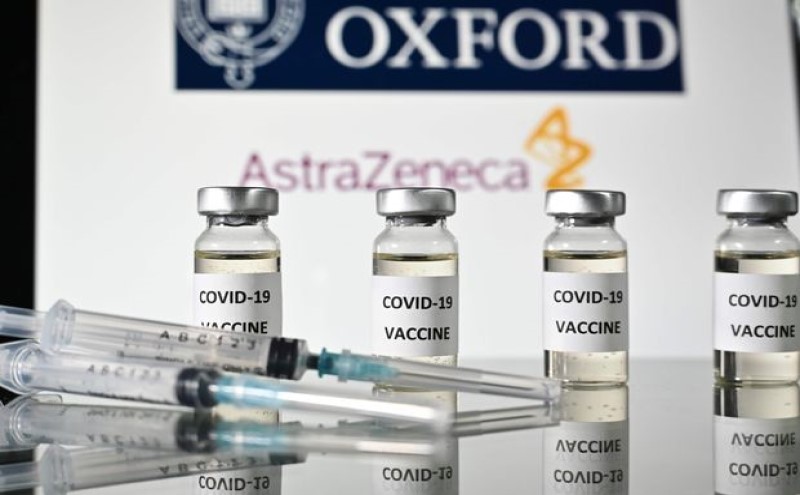AstraZeneca PLC (NASDAQ: AZN) on Monday reported that its vaccine achieved a 70 percent efficacy rate on average in preventing the Covid-19. The results are based on the data from a late-stage trial. AZN shares fell nearly 2 percent this morning following the news.

The apparent reason behind the drop seems to be a comparatively much lower effectiveness percentage achieved by AZN’s vaccine as compared to rivals Pfizer Inc. (PFE) and Moderna Inc. (MRNA),who accomplished more than 90 percent efficacy in preventing the virus.
However, British drugmaker AstraZeneca said its vaccine was 90 percent effective when tested in a small subgroup of nearly 2,700 people in Brazil and the United Kingdom who were given a half dose followed by a full dose with a four-week interval. Though, the company achieved an efficacy rate of 62 percent after testing the vaccine on a large group of around 8,900 people, giving them two complete doses with an interval of a month.
AstraZeneca, which is developing the vaccine in collaboration with the University of Oxford, faced criticism from industry experts for reporting two different efficacy rates. However, AstraZeneca has one notable edge over its rivals. It will sell its vaccine to governments at significantly lower prices as compared to Pfizer and Moderna.
Moreover, AstraZeneca’s vaccine can be shipped and stored at normal refrigeration temperature, making it easy to distribute, particularly in developing countries. On the other hand, Pfizer’s vaccine needs to be kept at -70C. So, the company’s vaccine may do well in less developed countries.
AstraZeneca stock is currently trading on a heavy volume of 12 million shares, as compared to the daily average volume of 4.52 million shares. The stock has seen many ups and downs this year. Overall, AZN share price rose nearly 9 percent on a year-to-date basis.

















Rate this article